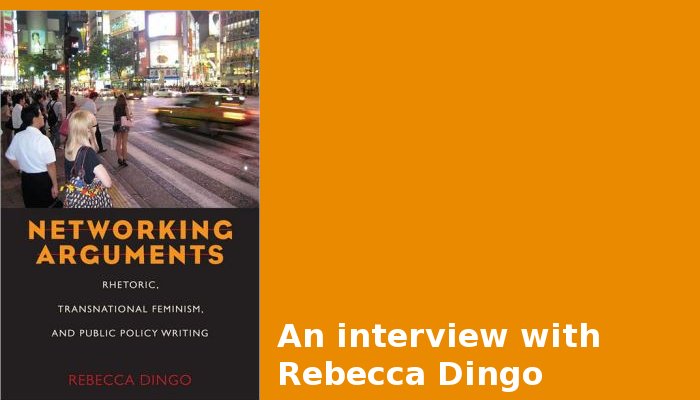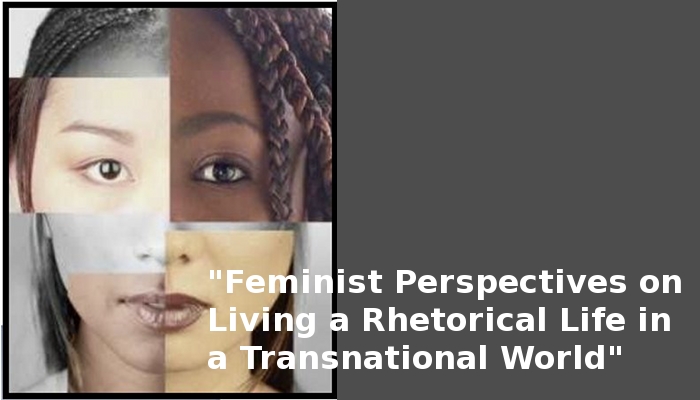There’s a certain set of conceits around academic freedom that limit its functionality and its practice, and those conceits often have to do with critiques of state power, critiques of colonization, critiques of structural violence. –Steven Salaita
I think using academic freedom as a way to open these more political conversations and more potentially more transformative conversations about Palestine and about labor, and allowing people to see the connections between these issues is really important. –Vincent Lloyd
Organizing around solidarity communities and connecting with allies and creating networks of solidarity in that way is so crucial. We cannot resist in isolation. –Carol Fadda-Conrey
How do the precarious conditions of academic labor affect the conversations that are possible in the academy? How does academic freedom protect—or fail to protect—academics from doing politicized work? How do questions of Palestine in particular affect our understandings of academic labor and academic freedom—and vice versa? In episode 26, Steven Salaita, who lost a tenured job offer after writing a series of tweets condemning Israel’s “Operation Protective Edge,” talks about the rhetorical commonplaces of civility in the academy, and the stakes of circulating critiques of state power on various media platforms. Assistant professor of religion Vincent Lloyd, and associate professor of English Carol Fadda-Conrey—who helped to organize a talk by Salaita on SU’s campus this fall—reflect on their academic trajectories and political work, offer suggestions for how young scholars can build networks of support, and remind us to realize the critical potential of our discipline.
To access a PDF of the full transcript, please click here: Transcript for Episode 26
The music sampled in this podcast is akaUNO’s “Hidden Leaves,” and “Another Word” by The Left Curve.
Podcast: Play in new window | Download


